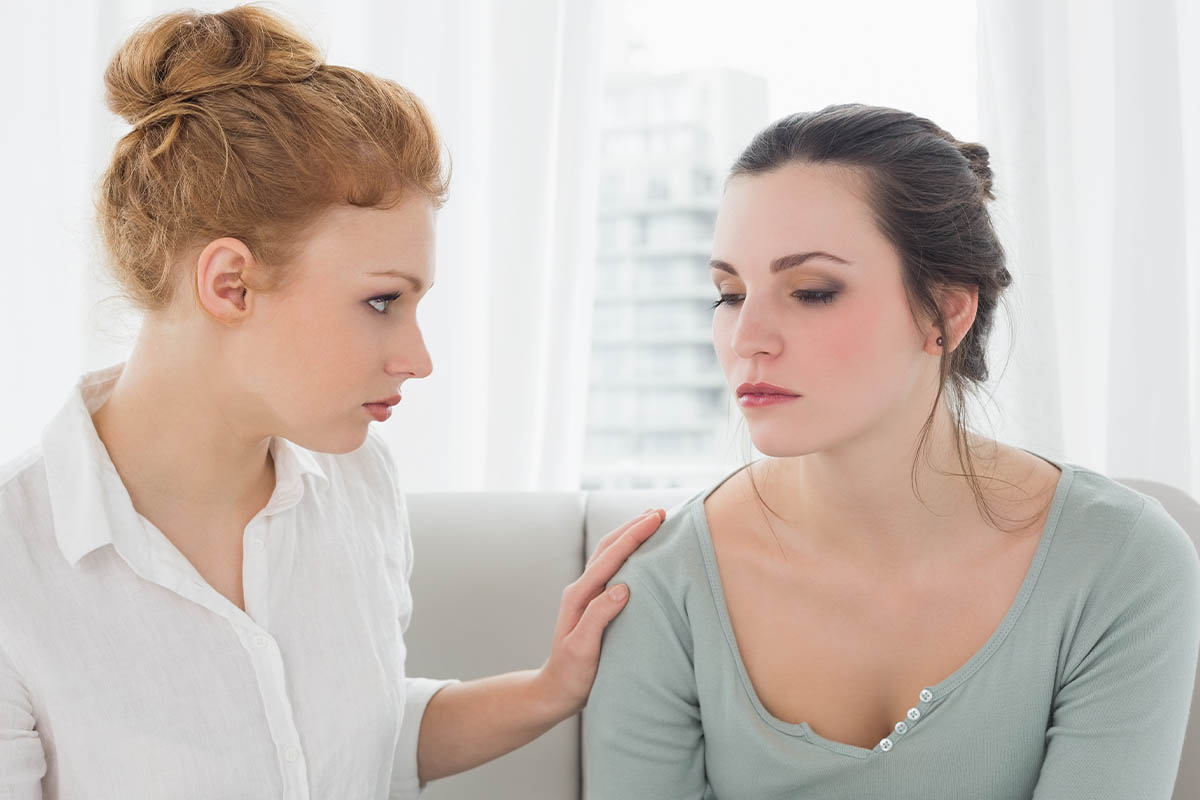Millions Americans misuse prescription painkillers each year. While these medications were prescribed by a trusted doctor to treat severe pain, addiction is all too common. For family and friends, watching a loved one descend into an opiate addiction can be scary, and you may wonder how to help someone with opiate addiction. If someone you know is showing signs of opiate addiction, either from prescription medications or illicit drugs like heroin, they may not know where to begin to overcome their addiction or where or how to seek help. Contact Midwest Recovery online or call us at 833.627.0039 today to learn about our opiate addiction treatment and how we can help.
What Is an Opiate?
Before you can spot the signs of opiate addiction, it is important to understand what these drugs are. Opiates refer to a group of drugs commonly used to treat pain. They are the most abused drugs in the United States today. Technically opiates refer to substances derived naturally from the poppy plant (which contains opium), but the word is now used for both opioids and narcotics. The most common “natural” opiates are morphine, codeine, and heroin. These are directly related to the opium plant. While opioids are synthetic opiates like Oxycontin or Vicodin, drugs are frequently prescribed for pain but become abused often.
How to Help Someone With an Opiate Addiction
Opioids are a class of drugs that includes prescription pain medicines and illegal drugs such as heroin. Though opioids can be prescribed by a doctor to treat pain, their misuse may lead to a dependency or addiction (or an “opioid use disorder”). Anyone prescribed an opiate should follow their doctor’s orders carefully, making sure only to take the medication as prescribed.
Opiate addiction is a medical condition defined by not abstaining from using opioids and opiates and behaviors centered around drug use that interferes with daily life. There will be a set of noticeable opiate addiction symptoms. Family and friends of the person struggling with the drugs may spot, step in, and usher the individual into opiate addiction treatment they need and deserve to begin recovering from addiction’s harmful physical and mental impact.
Being physically dependent on opiates is characterized by withdrawal symptoms such as cravings and sweating. However, people can misuse the drugs and not be physically dependent on the substances. When someone has physical dependence, it can be particularly hard to stop taking the drugs, and that dependence can interfere with daily routines, including personal relationships or finances.
Opiate addiction may be diagnosed by a doctor, and someone struggling with an opiate use disorder may not display symptoms immediately. However, there may be signs of opiate addiction you can observe over time.
Common Signs of Opiate Addiction
- Inability to stop or control drug use
- Uncontrollable cravings
- Drowsiness and changes in sleep pattern
- Sudden weight loss and changes in exercise habits
- Flu-like symptoms
- Decreased libido
- Lack of hygiene
- Stealing and isolation from family or friends
- New financial difficulties
Opiate addiction treatment is available from medical professionals, who may use medications such as methadone, buprenorphine, or naltrexone, along with support programs to help people recover. As you ponder how to help someone with opiate addiction, consider honing in on the above opiate addiction symptoms. By having a keen eye and noticing changes in behavior, temperament, and physical appearance, you may be able to guide someone important to you into life-saving opiate addiction treatment. In addition, you can be an open and willing listener, ready for them to make an honest admission of their addiction.
The true starting point of opiate addiction treatment is when people first admit their addiction to themselves. You can be there in that moment, as a trusted and non-judgemental loved one or concerned and supportive friend, as they can share their honest admission of addiction. Sharing their struggles with opiate addiction will go a long way to keeping them accountable for their behavior and long-term recovery.
Learn More at Midwest Recovery
If someone you love is showing signs of opiate addiction, learn how Midwest Recovery can help them get on a path toward a lifetime of recovery. Contact us using our secure online form or call us at 833.627.0039 today.







